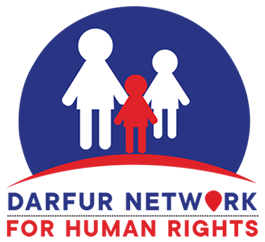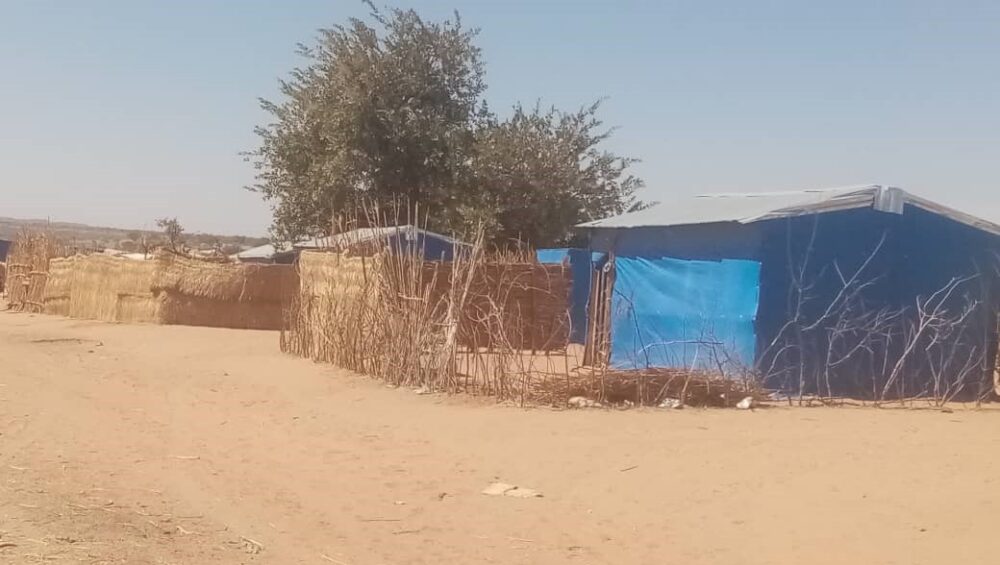(Kampala) – On January 15, 2024, tragedy struck in the Maji camp, Chad, as Ahmad Ismail Adam, a 31-year-old refugee hailing from the Masalit tribe of Sudan, fell victim to a fatal shooting. Having fled the civil war in Geneina, West Darfur, back in June 2023, Ahmad had sought refuge in Chad, where he took up work as a daily wage labourer. Disturbing reports received by the Darfur Network for Human Rights (DNHR) suggest that Ahmad’s demise was a result of financial disputes with a member of the Zaghawa tribe, a dominant ethnic group in north-eastern Chad.
In the broader context, the International Organisation for Migration (IOM) estimates that, since the outbreak of conflict between the Sudanese army and the paramilitary Rapid Support Forces (RSF) seven months ago, over 540,000 refugees, predominantly women and children (86%), have crossed from Sudan into Chad.

Abutangui camp
DNHR’s obtained report sheds light on the vulnerability of camps like Abutangui and Maji, located within twenty kilometers of the Sudanese border. Despite the presence of joint Chadian-Sudanese security forces, the RSF continues to infiltrate these settlements with alarming ease, posing a constant threat to the lives of the refugees.
Compounding these challenges, tensions between the refugee population and the local community in Chad have been escalating. As one of the world’s poorest countries, Chad is now grappling with hosting a significant influx of Sudanese refugees in addition to the 180,000 refugees it already shelters from the Central African Republic, Cameroon, and Nigeria. Currently, one in seventeen people in Chad is a refugee.
According to a World Bank report, poverty and vulnerability persist in Chad, with 42.3% of the population living below the national poverty level. Extreme poverty has surged from 31.2% in 2018 to 35.4% in 2023, exacerbating the strain on authorities and local communities to manage the influx of migrants. This has fuelled resentment among the locals, who perceive the migrants as further depleting their already scarce resources.
Regrettably, Ahmad Ismail Adam’s death is not an isolated incident. Reports of ongoing human rights violations in various refugee camps have been pouring in. DNHR ground monitors have highlighted overcrowding and inadequate sanitation as major health hazards, raising concerns about potential waterborne outbreaks like cholera. Despite efforts by local governments and humanitarian organizations, the critical issue of access to safe drinking water persists, and there is a scarcity of food for the refugees. A screening by the UNHCR revealed that a majority of the children arriving from Sudan are already malnourished. Acute respiratory infections, watery diarrhoea, and malaria remain prevalent among children in the camps.
The dire situation faced by refugees in the camps demands immediate attention and assistance from the government, international community and humanitarian organizations. DNHR’s ground monitors stress the urgency of the matter as conditions worsen day by day.

